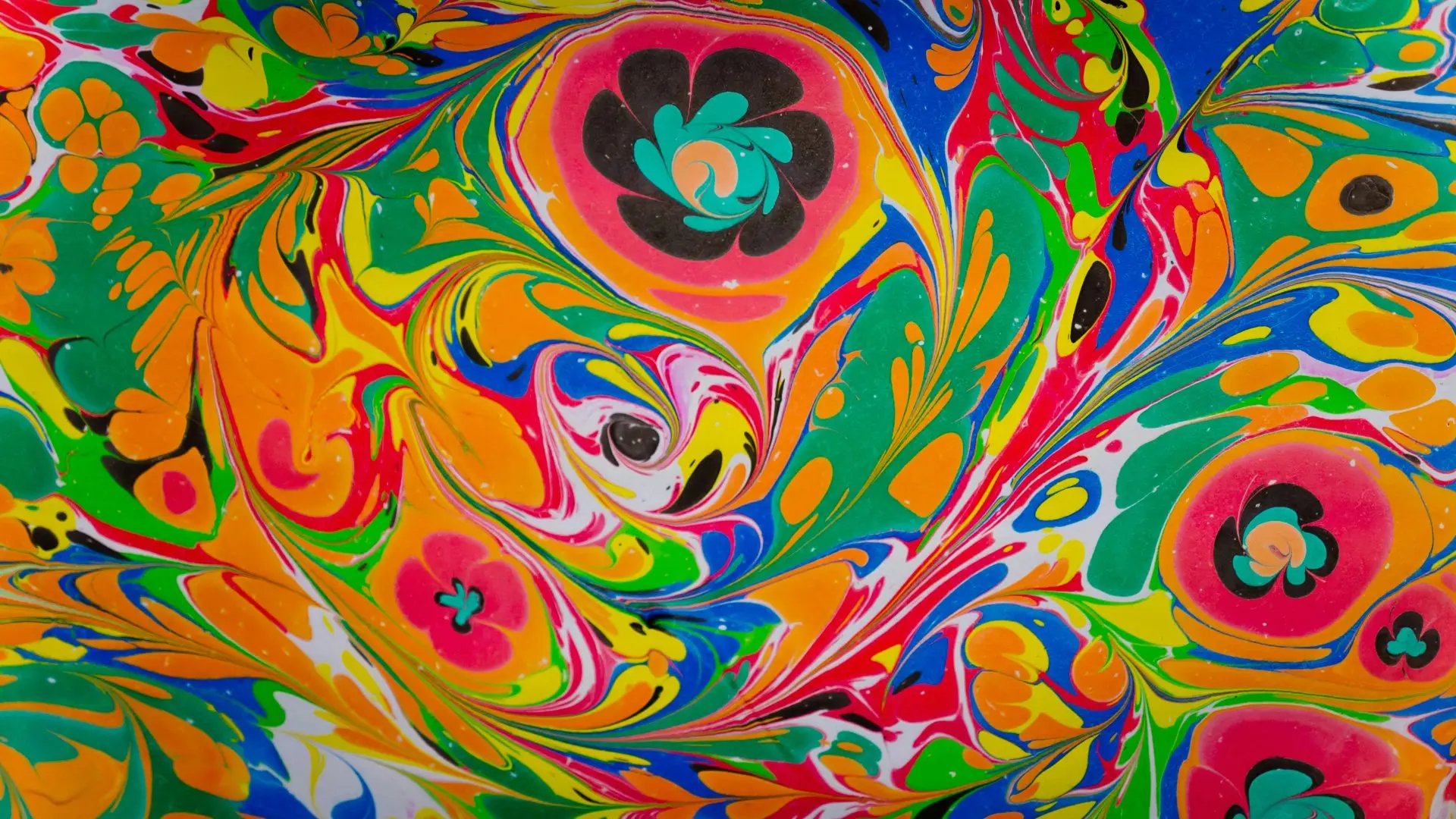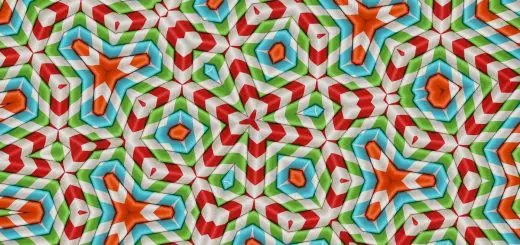Seeking Eternal Life: Taoist Methods

Looking for more amazing products? Check out our online store and explore our collection here! Happy shopping!
Before diving in, please note: This post is for informational purposes only. If you’d like to know more about how we approach topics, feel free to check out our friendly Disclaimer Page.
Hey there, amazing readers! 
We’re committed to delivering quality posts, and your support (even just sticking around despite the ads) means everything to us. So, bear with us, and thanks for helping us keep the good vibes rolling. Now, on to the fun stuff!
TRANSLATE BUTTON AT THE END OF THE ARTICLE
Introduction to Taoism and the quest for eternal life
Taoism, also known as Daoism, is an ancient Chinese philosophy and religion that dates back thousands of years.
Central to Taoist beliefs is the idea of living in harmony with the Tao, which can be loosely translated as "the way" or "the path." Within Taoism, there is a strong emphasis on balance, simplicity, and naturalness.
One of the key pursuits in Taoism is the quest for eternal life, seeking to transcend the limitations of mortality and achieve a state of immortality or longevity.
The concept of eternal life in Taoism is not just about physical immortality but also about spiritual enlightenment and transcendence.
It involves cultivating a deep understanding of the natural order of the universe and aligning oneself with its rhythms and cycles.
Immortality in Taoism is not seen as an escape from life but rather as a way to fully embrace and embody the principles of the Tao.
Understanding the concept of immortality in Taoism
Immortality in Taoism is often symbolized by the idea of the "Elixir of Life," a substance that grants eternal youth and vitality.
However, the pursuit of immortality in Taoism is not about finding a magical potion but rather about cultivating inner harmony and balance.
Immortality is seen as a state of being where one is free from the cycles of birth and death, transcending the limitations of the physical body.
Taoist immortality is not about living forever in the same physical form but about achieving a state of spiritual enlightenment that transcends the limitations of the material world.
It is about attaining a level of consciousness that is in harmony with the Tao, allowing one to live in alignment with the natural order of the universe.
Taoist methods for cultivating longevity and vitality
Taoist practices for cultivating longevity and vitality encompass a wide range of techniques aimed at promoting physical health, mental clarity, and spiritual well-being.
These methods include:
Breathing exercises: Taoist breathing techniques, such as "Daoist Breath Control," focus on cultivating deep, slow breaths to calm the mind, increase energy flow, and improve overall health.
Meditation: Taoist meditation practices, such as "Neidan" or "internal alchemy," involve focusing the mind, cultivating inner stillness, and harmonizing the energies of the body to promote longevity.
Physical exercises: Practices like Tai Chi and Qigong are central to Taoist teachings, promoting the flow of vital energy (Qi) throughout the body, strengthening the muscles, and enhancing flexibility and balance.
The importance of balance and harmony in Taoist practices
Balance and harmony are fundamental principles in Taoist teachings, underpinning the quest for eternal life.
Taoists believe that when the body, mind, and spirit are in balance, one can achieve a state of optimal health and vitality.
Imbalances, whether physical, emotional, or spiritual, are seen as obstacles to attaining immortality.
Taoist practices aim to restore balance and harmony by aligning with the natural rhythms of the universe, embracing simplicity, and living in accordance with the Tao.
By cultivating inner stillness, practicing moderation, and letting go of attachments, one can achieve a state of equilibrium that supports longevity and vitality.
Exploring the role of meditation in achieving eternal life
Meditation plays a crucial role in Taoist practices for achieving eternal life.
Through meditation, practitioners can quiet the mind, cultivate inner awareness, and connect with the deeper aspects of themselves.
Taoist meditation techniques are designed to harmonize the flow of energy in the body, clear blockages, and promote overall well-being.
In Taoist meditation, the focus is not only on calming the mind but also on cultivating a state of profound inner peace and clarity.
By quieting the mental chatter and entering a state of stillness, practitioners can tap into their innate wisdom and connect with the universal energies that support health, longevity, and spiritual growth.
Dietary guidelines for promoting health and longevity in Taoism
Diet plays a crucial role in Taoist practices aimed at promoting health and longevity.
In Taoism, food is seen as a source of energy and vitality, and certain dietary guidelines are followed to support overall well-being.
Some key principles of Taoist dietary practices include:
Eating in moderation: Taoists believe in eating balanced meals in moderate portions to support digestion and maintain energy levels.
Emphasizing whole foods: Fresh fruits, vegetables, whole grains, and legumes are prioritized in the Taoist diet for their nourishing and energizing properties.
Avoiding processed foods: Highly processed, artificial foods are discouraged in Taoist teachings due to their negative impact on health and vitality.
The significance of qigong and Tai Chi in Taoist teachings
Qigong and Tai Chi are ancient Chinese practices that hold significant importance in Taoist teachings on longevity and vitality.
Qigong involves a series of gentle movements, breathing exercises, and meditation techniques aimed at cultivating Qi, or vital energy, in the body.
Tai Chi, on the other hand, is a martial art that combines slow, flowing movements with deep breathing to promote balance, strength, and flexibility.
Both Qigong and Tai Chi are rooted in the principles of Taoism, emphasizing the importance of harmonizing body, mind, and spirit to achieve optimal health and well-being.
Practicing these ancient arts can help clear energy blockages, improve circulation, and enhance overall vitality, contributing to the quest for eternal life.
Using herbal remedies and acupuncture for longevity
Traditional Chinese medicine, which is closely associated with Taoism, incorporates the use of herbal remedies and acupuncture to promote health and longevity.
Herbal remedies are often prescribed based on individual constitution and specific health needs, aiming to correct imbalances and support the body’s natural healing mechanisms.
Acupuncture, a practice that involves inserting thin needles into specific points on the body to stimulate energy flow, is believed to help regulate the body’s Qi and promote overall well-being.
By combining herbal remedies with acupuncture treatments, individuals can address a wide range of health issues and support longevity in line with Taoist principles.
Taoist rituals and ceremonies related to eternal life
Taoist rituals and ceremonies play a significant role in the quest for eternal life, providing practitioners with spiritual guidance, protection, and blessings.
Rituals such as incense offerings, chanting, and meditation are performed to honor the ancestors, connect with divine energies, and cultivate a sense of harmony and balance.
Ceremonies related to eternal life often involve the invocation of deities, the purification of sacred spaces, and the offering of prayers for health, longevity, and spiritual growth.
By engaging in these rituals with sincerity and devotion, Taoists seek to align themselves with the forces of the universe and attain a state of immortality.
Daoist alchemy and the pursuit of immortality
Daoist alchemy is a branch of Taoism that focuses on the transformation of the self through spiritual practices, inner cultivation, and the refinement of the body, mind, and spirit.
In Daoist alchemy, the pursuit of immortality is seen as a process of inner alchemy, where practitioners work to transmute their base energies into refined spiritual essences.
Through practices such as meditation, breath control, visualization, and energy work, Daoist alchemists seek to purify the body, balance the energies, and cultivate the "Three Treasures" of Jing (essence), Qi (energy), and Shen (spirit).
By refining these essences and aligning with the Tao, practitioners aim to achieve a state of immortality and transcendence.
Modern interpretations of Taoist teachings on eternal life
In modern times, Taoist teachings on eternal life continue to resonate with individuals seeking a deeper connection to themselves, nature, and the universe.
While the pursuit of physical immortality may be less common today, the quest for spiritual enlightenment, vitality, and longevity remains central to Taoist practices.
Many people turn to Taoist principles and practices, such as meditation, Qigong, and herbal medicine, to support their overall health and well-being.
By incorporating these ancient teachings into their daily lives, individuals can cultivate a greater sense of balance, harmony, and vitality, aligning with the timeless wisdom of the Tao.
Practical tips for incorporating Taoist methods into daily life
For those interested in exploring Taoist methods for promoting health, longevity, and vitality, here are some practical tips to incorporate into daily life:
Start your day with meditation: Take a few minutes each morning to sit quietly, focus on your breath, and cultivate a sense of inner peace and clarity.
Practice Qigong or Tai Chi: Incorporate gentle movements, deep breathing, and meditation into your daily routine to promote energy flow, balance, and relaxation.
Eat mindfully: Pay attention to what you eat, focusing on whole, nourishing foods that support your overall well-being and energy levels.
Spend time in nature: Connect with the natural world, go for walks, spend time outdoors, and cultivate a sense of harmony with the rhythms of the earth.
Seek balance in all areas of life: Strive to find equilibrium in your relationships, work, and daily activities, avoiding excess and embracing moderation.
By integrating these simple practices into your daily routine, you can align with the principles of Taoism, cultivate health and vitality, and embark on your own journey towards eternal life in harmony with the Tao.
Conclusion
In conclusion, Taoism offers a rich tapestry of teachings, practices, and wisdom aimed at promoting health, longevity, and spiritual growth.
The quest for eternal life in Taoism is not about seeking physical immortality but rather about aligning with the Tao, cultivating balance, and living in harmony with the natural order of the universe.
By exploring Taoist methods such as meditation, Qigong, herbal medicine, and Daoist alchemy, individuals can embark on a profound journey of self-discovery, inner transformation, and the pursuit of immortality in both body and spirit.
Through the timeless wisdom of Taoism, we can find guidance, inspiration, and practical tools for living a life of vitality, balance, and harmony.

The Enlightenment Journey is a remarkable collection of writings authored by a distinguished group of experts in the fields of spirituality, new age, and esoteric knowledge.
This anthology features a diverse assembly of well-experienced authors who bring their profound insights and credible perspectives to the forefront.
Each contributor possesses a wealth of knowledge and wisdom, making them authorities in their respective domains.
Together, they offer readers a transformative journey into the realms of spiritual growth, self-discovery, and esoteric enlightenment.
The Enlightenment Journey is a testament to the collective expertise of these luminaries, providing readers with a rich tapestry of ideas and information to illuminate their spiritual path.
Our Diverse Expertise
While our primary focus is on spirituality and esotericism, we are equally passionate about exploring a wide range of other topics and niches 

To ensure we provide the most accurate and valuable insights, we collaborate with trusted experts in their respective domains 
Our blog originally focused on spirituality and metaphysics, but we’ve since expanded to cover a wide range of niches. Don’t worry—we continue to publish a lot of articles on spirituality! Frequently visit our blog to explore our diverse content and stay tuned for more insightful reads.
Hey there, amazing reader! 
Check out our store here and take a peek at some of our featured products below! Thanks for being awesome!











